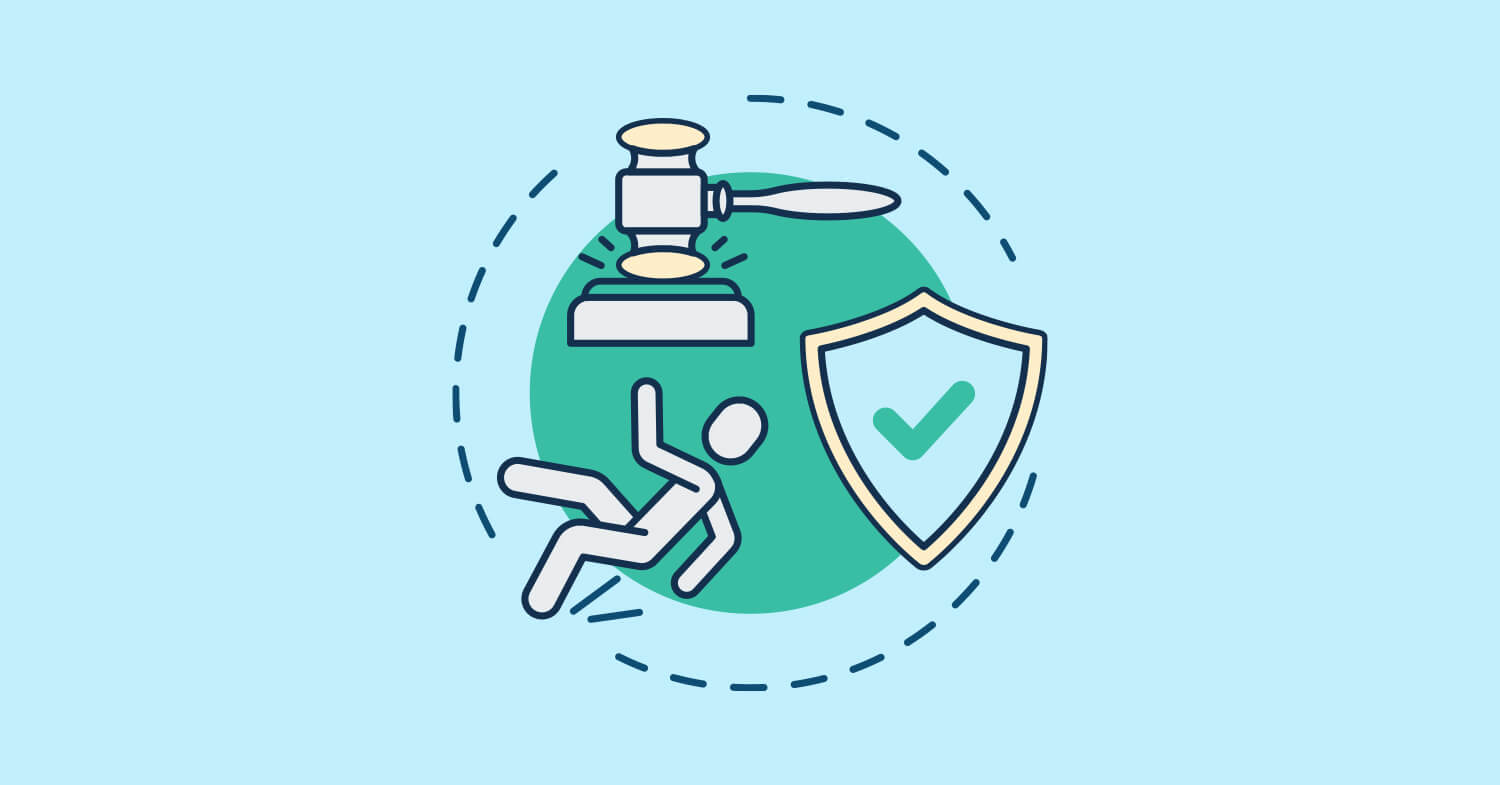What is Strict liability? Strict liability is a legal term that refers to a type of liability that does not require proof of fault. This means that the defendant with a case under strict liability is held responsible for the damages, regardless of whether they were negligent or not.
This type of liability is often used in cases where there is a potential for harm, such as with product liability claims or environmental law cases. For example, if you were injured by a defective product, the company that made the product would be held liable under a strict liability claim, even if they can prove that they took all reasonable steps to ensure the product was safe.
The critical point to remember about strict liability is that it removes the need for you to prove fault as the defendant, which can be helpful in cases where it can be difficult to do so.
Contents
What is Strict Liability vs. Absolute Liability
Absolute liability is almost similar to strict liability albeit with a few differences.
The first key difference is that under absolute liability, you as a defendant are always liable for injuries, regardless of whether they were negligent or not. Nonetheless, with strict liability, you’re only liable if they were negligent.
Second, under absolute liability, you as a defendant have no defense available. However, with strict liability, some defenses may be available to you, such as contributory negligence or assumption of risk.
Moreover, under absolute liability, there is no need for you to prove why you’re at fault. Although with strict liability, the fault must be proven for you to be liable.
What Are Strict Liability Tort Examples
Strict liability law can be a confusing and complex area of law. So let’s start with a basic definition.
A strict liability tort is a type of personal injury case in which you as the defendant are held liable regardless of whether you were negligent or not. This means that you don’t have to have done anything wrong to be held liable.
One of the most common types of strict liability tort is product liability. This happens when a defective product causes harm to the plaintiff. Other examples include premises liability, when someone is injured on someone else’s property, and animal attacks.
What Industries Utilize Strict Liability?
Strict liability is often utilized by certain industries that need to protect the public from possible harm, such as those dealing with dangerous products or work.
For example, manufacturers of industrial or consumer products have a legal responsibility to ensure their items are safe for use. If something goes wrong and a person is injured or killed due to a defect, the product manufacturer could be held liable even if it is exercised with reasonable care in its production.
The same is true for companies that produce dangerous drugs, medical devices, and chemicals. These companies must take strict measures to ensure their products meet safety standards before releasing them to the public.
Likewise, strict liability applies to other ultrahazardous activities that may inherently involve risks such as developers of hazardous waste sites, commercial transportation companies, those in the construction industry, and employers who engage in risky activities in the workplace.
You need to understand how strict liability works so that you can take appropriate safety measures and protect your customers from harm.
Is There a Legal Defense Against Strict Liability?
Now that you know what strict liability is, you may be wondering if there are any legal defenses against this charge. The answer is yes – although the specific defense varies depending on the laws of the particular jurisdiction.
In some cases, you as a defendant can argue that you were not aware of any risk posed by their product, or that you took steps to make it safe. In others, you may argue that the plaintiff was contributorily negligent or assumed the risk of their injury by voluntarily engaging in a hazardous activity.
It’s important to note that looking into whether any of these defenses might apply to your case is of utmost urgency, as it will help with your case.
How CloudLex Can Help With Strict Liability Cases
With CloudLex’s all-in-one platform, industry experts can manage strict liability cases with ease. The platform provides access to legal document management software and legal task management software that help your firm stay productive and organized.
CloudLex also helps you take advantage of the legal obligations of each party involved by use of a legal client intake management, the applicable laws and regulations, evidence collection, storage, and archival – by having the relevant information available at your fingertips.
The best part? CloudLex easily integrates with existing systems, so you can keep everything in sync while making sure everything is secure and private. This way you can ensure that all data related to strict liability cases is accessed quickly and efficiently — saving you time and money in the long run.
CloudLex is a great example of a powerful platform specifically designed for personal injury law firms. Providing you with features like a personal injury settlement calculator and client communication software, CloudLex can help take the hassle out of managing your case.
What’s more is, with the demo available, there’s no reason you shouldn’t give it a shot. Schedule a meeting today!

